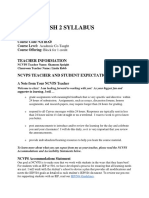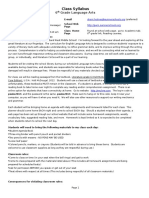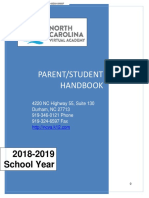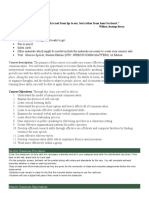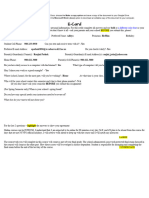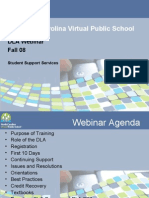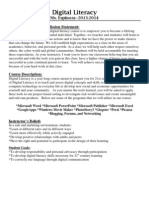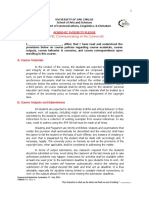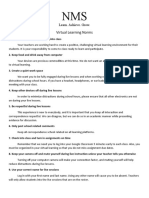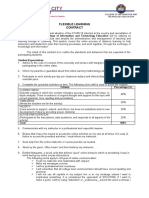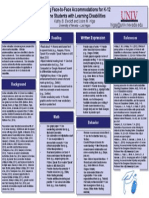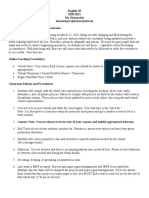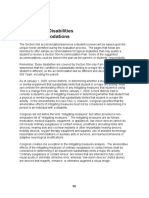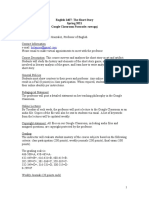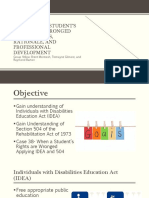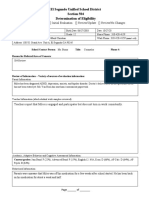0% found this document useful (0 votes)
245 views6 pagesOCS Introduction To Math Syllabus F
This is the syllabus created for OCS Introduction to Math by the instructor at a public charter school
Uploaded by
vwillis-weaverCopyright
© © All Rights Reserved
We take content rights seriously. If you suspect this is your content, claim it here.
Available Formats
Download as PDF, TXT or read online on Scribd
0% found this document useful (0 votes)
245 views6 pagesOCS Introduction To Math Syllabus F
This is the syllabus created for OCS Introduction to Math by the instructor at a public charter school
Uploaded by
vwillis-weaverCopyright
© © All Rights Reserved
We take content rights seriously. If you suspect this is your content, claim it here.
Available Formats
Download as PDF, TXT or read online on Scribd
/ 6
